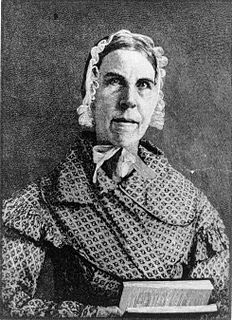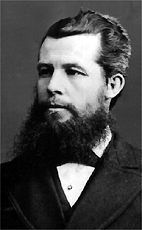A Quote by Margaret Benson
... all progress in knowledge takes place through the correction of that which has been received on authority ... without the huge body of traditional knowledge, accurate and inaccurate together, there would be nothing even to correct. Progress is not made in spite of authority, but by means of it.
Related Quotes
Nothing is born of nothing, least of all knowledge, modernity, or enlightened thought; progress is made in tiny surges, in successive laps, like an endless relay race. But there are links without which nothing would be passed on, and for that reason, they deserve the gratitude of all who benefited from them.
The main object of the work was to present such a survey of the advances already made in physical knowledge, and of the mode in which they have been made, as might serve as a real and firm basis for our speculations concerning the progress of human knowledge, and the processes by which sciences are formed.
What then, is correctness of speech but the maintenance of the practice of others, as established by the authority of ancient speakers? But the weaker men are, the more they are troubled by such matters. Their weakness stems from a desire to appear learned, not with a knowledge of things, by which we are edified, but with a knowledge of signs, by which it is difficult not to be puffed up in some way; even a knowledge of things often makes people boastful, unless their necks are held down by the Lord's yoke.
Now the Apostle, under the inspiration of the Holy Spirit, says, "Knowledge inflates: but love edifies." The only correct inerpretation of this saying is that knowledge is valuable when charity informs it. Without charity, knowledge inflates; that is, it exalts man to an arrogance which is nothing but a kind of windy emptiness.
Without a complex knowledge of one's place and without the faithfulness to one's place on which such knowledge depends, it is inevitable that the place will be used carelessly, and eventually destroyed. Without such knowledge and faithfulness, moreover, the culture of a country will be superficial and decorative, functional only insofar as it may be a symbol of prestige, the affectation of an elite or "in" group.
There is a great difference, then, between "power" and "authority." Power refers to one's ability to coerce others (through physical, economic, or other means) to do one's bidding. One can possess the means of power: physical strength, armaments, and money. But authority must be performed. Authority refers to one's ability to gain the trust and willing obedience of others. While power rests on intimidation, authority survives through inspiration.

































